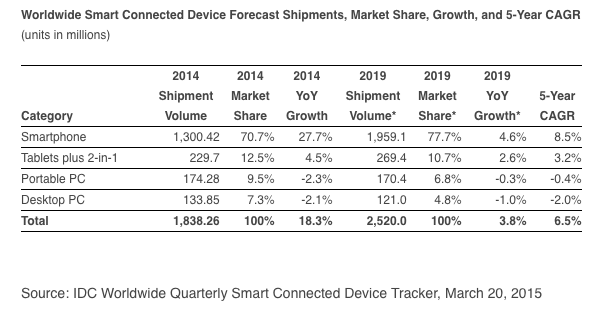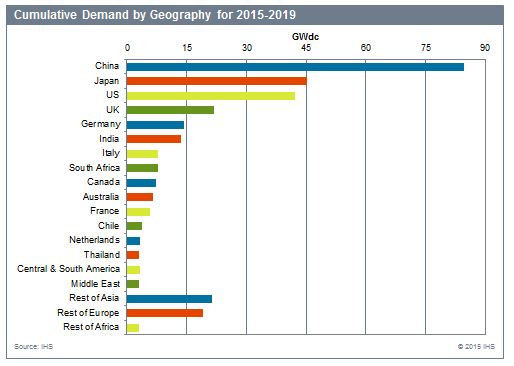 Male open sourcers, with the sense of humour of 12 year olds, have managed to chase women from the work place by infecting software with jokes about their willies.
Male open sourcers, with the sense of humour of 12 year olds, have managed to chase women from the work place by infecting software with jokes about their willies.
While it is mostly “brogrammers” threatening to rape women programmers which have been hitting he headlines apparently the medieval gags about a project called DICSS are getting out of hand.
For those who came in late there is a software hosting site GitHub called “DICSS”.
Github, if you remember, was under fire about a year over accusations of how a female employee was treated.
Offended people point out that this is exactly the sort of thing that makes tech unwelcoming to women, and not just because of the original project, but because of some of the comments that might take the joke too far.
Ironically the DICSS site was created by a bloke called Randy Hunt, who apparently managed to get around gags about his own name by running lots of “brohumour” projects.
Hunt said that the project started as a joke amongst coworkers, after a particularly impassioned argument between religious zealots for LESS, Sass, and Stylus, and why it’s suicide to pick an alternative when “my favourite” is clearly the best.
DICSS was “directly injected CSS” and it became an office joke around the office, that eventually manifested itself online and then in the comments of open sauce software.
It is the sort of thing that creates twitter wars and apparently there are a lot of DICSSHEADS out there.
Of course there is no such thing “directly injected CSS” Hunt was just playing around with the acronym.
As far as one liners go that sound have been the end of it but it seems Hunt could not resist Hunt thrusting his DICSS further.
He told Business Insider after he hacked off people with his Brototype project he thought he would do another wind up so he got his DICSS out publically.
Hunt claims that people want to be offended so when they see his DICSS they get out raged.
“It’s reverse privilege and that people should spend less time complaining about the community and more time encouraging people to push the boundaries of technology a bit and learn to see things in different ways.”
Apparently you can see things differently by looking at Randy’s DICSS.
“The point of all of my joke repo’s is that they’re actually useful code. They just happen to have funny names,” he said.
He denies he is a brogrammer and says he is just a fun guy – which his odd really because if you say that really fast it sounds like he is a fungi — get it?
Randy said that the only people that moaned were those who spend more time policing political correctness than they do making useful software.
True but really it cant be much fun to work with people who constantly make gags about their DICCS.




















